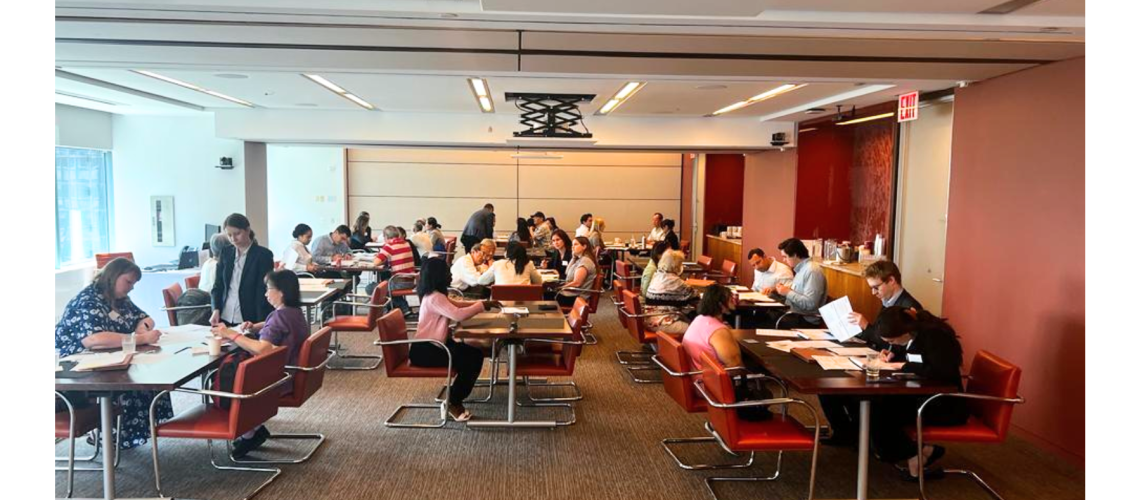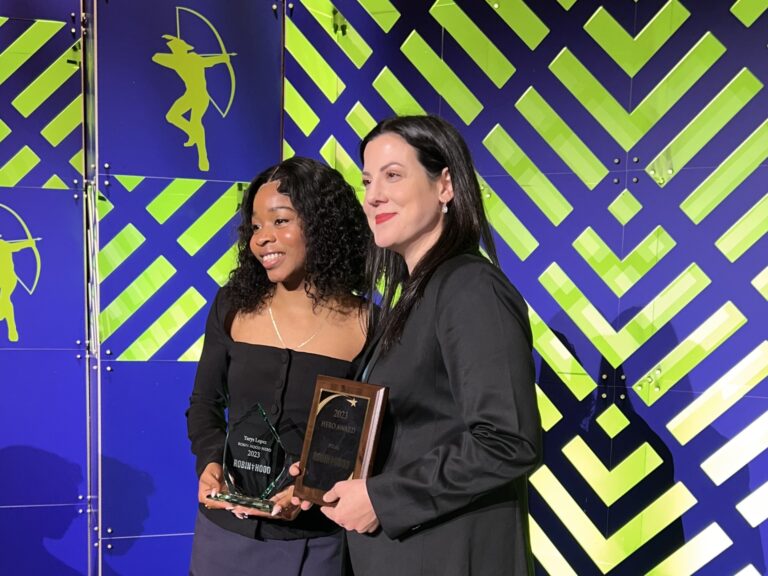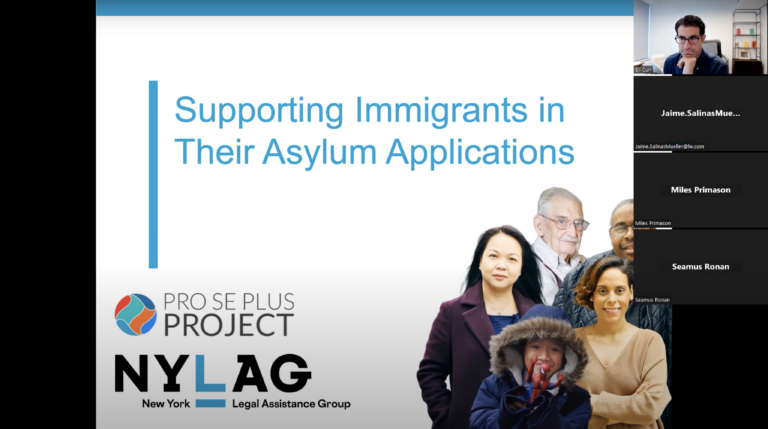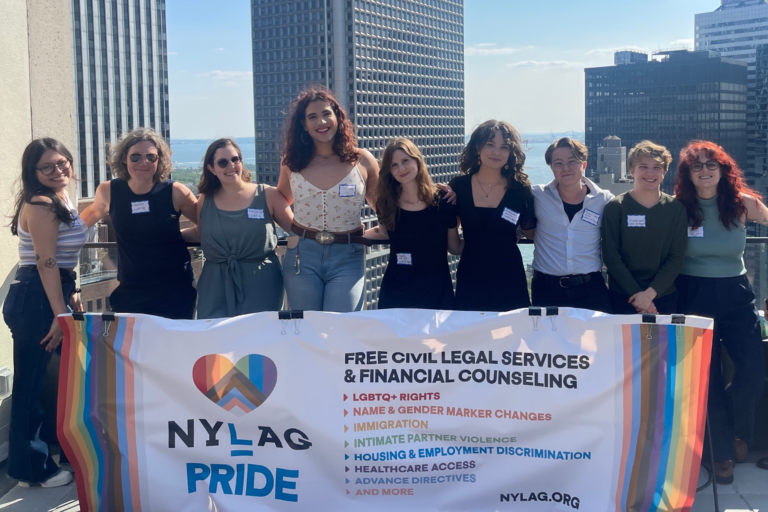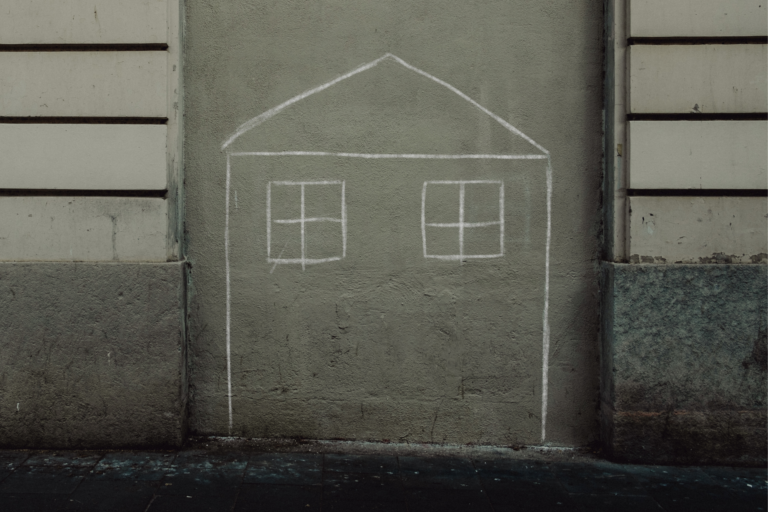At NYLAG, a commitment to providing volunteer opportunities and recruiting talented pro bono attorneys is a natural extension of our mission to deliver the highest quality civil legal services to the greatest number of New Yorkers. Many NYLAG success stories happen because of the collaborative effort of staff attorneys, pro bono legal partners, and volunteers.
In 2023, our pro bono and volunteer network showed up in full force to create a more just New York City. Over 2,300 pro bono attorneys and volunteers contributed over 91,000 hours, or the equivalent of $53.5 million in donated time.
The impact of our pro bono partnerships is far-reaching. By working together, we are disrupting social, racial, and economic injustice in New York City on an individual, community, and systemic level, including:
- Bringing a class action suit against the City of New York’s Administration for Children Services (ACS) on behalf of parents with actual or perceived intellectual disabilities who were being investigated resulted in several mechanisms that will improve outcomes for parents and ensure that there are specialized protocols, training, specialists, and improved oversight. Thank you to our co-counsel at Davis Polk for their unwavering dedication to the litigation of this case.
- Assisting NYC taxi drivers in recovering from predatory taxi medallion loans that too often led to devastating financial ruin. Thank you to our pro bono partners at Paul Weiss for helping to close nearly 500 medallion loans over the course of two weeks, saving these unique and quintessential New York City entrepreneurs over $260 million.
- Securing a ruling to end processing delays of benefits that reduce hunger and hardship, such as Supplemental Nutrition Assistance Program (SNAP) benefits and cash assistance. Thank you to our partners at Dechert LLP for providing legal assistance to the over 35,000 impacted households while also identifying systemic issues within NYC government in need of a remedy to prevent future delays.
- Championing the rights of schoolchildren with disabilities in New York City by ensuring they receive the educational support, services, and programs the need to learn and thrive. Thank you to our partners at Latham & Watkins LLP – particularly Caroline Clarke, Emily True, and Florian Loibl – for forever changing the trajectory of two young boys’ lives by securing tuition reimbursement for the private school placements they were entitled to under the Individuals with Disabilities Education Act (IDEA).
There are countless more examples to show the power of collective action knows no bounds. Through the dedication and expertise of legal professionals lending their skills pro bono, lives have been changed, injustices have been challenged, and communities have been empowered.
Across our diverse practice areas, we offer many opportunities for pro bono attorneys—both litigation and transactional—to represent clients, and conduct research and writing, while helping others. If you’d like an individual case referral, contact us today to request to view our available cases.

